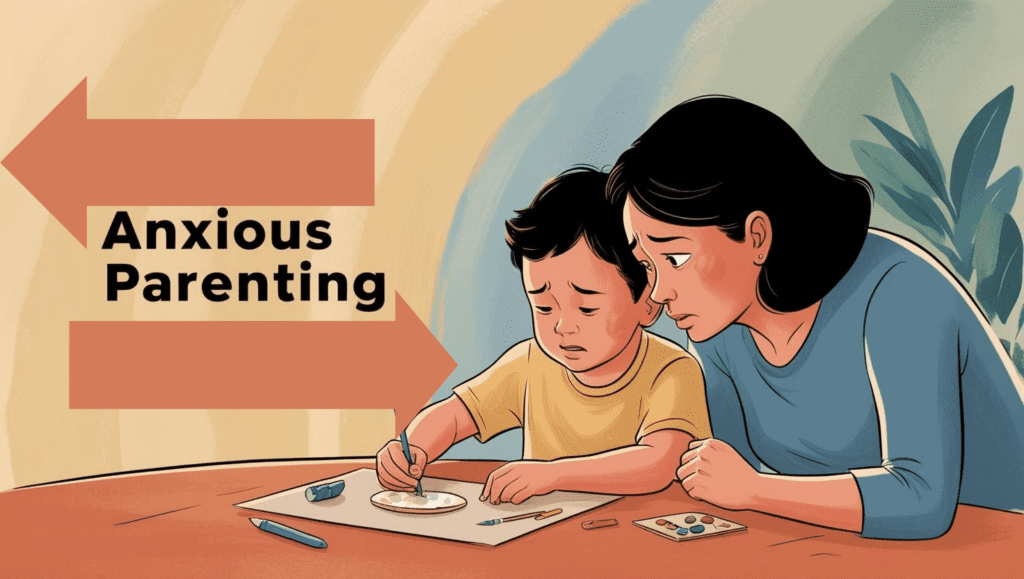
Are you constantly worrying about your child’s well-being? You’re definitely not alone. But could our good intentions actually be hindering their resilience? Let’s talk about anxious parenting.
It’s no secret that parenting is tough. A Pew Research Center survey reveals that most parents find it at least somewhat harder than they expected. In today’s world, parents face a barrage of concerns: mental health, bullying, social media, and more. In fact, a recent NSPCC survey showed that 75% of UK parents with children under five are anxious about their child’s emotional and mental well-being.
But here’s the thing: while it’s natural to want to protect our children from harm, overdoing it can have unintended consequences. Some experts suggest that constant connectedness and security measures might inadvertently make our children less resilient. As Texas Children’s Hospital noted, we may not be giving our children the skills they need for adulthood.
The pandemic exacerbated these anxieties. As one BU researcher points out, children may have missed out on key opportunities to practice facing social challenges during lockdowns. And the rise of screen time has created another layer of complexity, potentially contributing to avoidance behaviors and school absenteeism. Jonathan Haidt suggests that we may have over-protected children in the real world and under-protected them online. He proposes delaying smartphone access until at least 14 and social media until at least 16.
It’s a delicate balance. We want to keep our children safe, but we also want to empower them to navigate the world with confidence and resilience.
So, what can we do?
Acknowledge Your Own Anxiety: Recognize and address your own anxieties, as parental anxiety can impact a child’s development.
Promote Independence: Encourage age-appropriate independence and problem-solving skills.
Embrace Imperfection: Allow your children to make mistakes and learn from them.
Limit Screen Time: Set healthy boundaries around screen use and encourage real-world interactions.
Focus on Connection, Not Just Protection: Create a safe and supportive environment where your children feel comfortable sharing their struggles.
Seek Support: If you’re struggling with anxious parenting, don’t hesitate to reach out to a therapist or parenting group.
Let’s shift the focus from constant protection to fostering resilience in our children.
What are your thoughts on anxious parenting? Share your experiences and tips in the comments! #anxiousparenting #parenting #mentalhealth #resilience #childdevelopment #anxiety #wellbeing #screenfree parenting




Leave a Reply